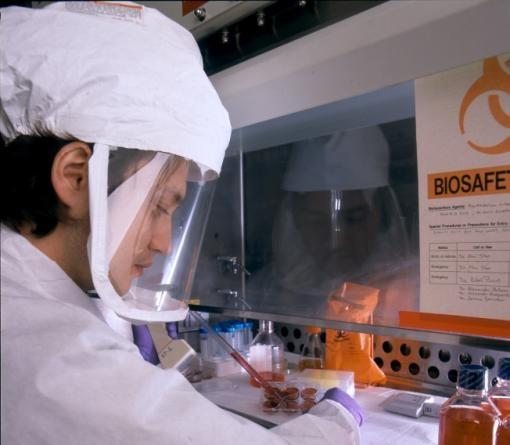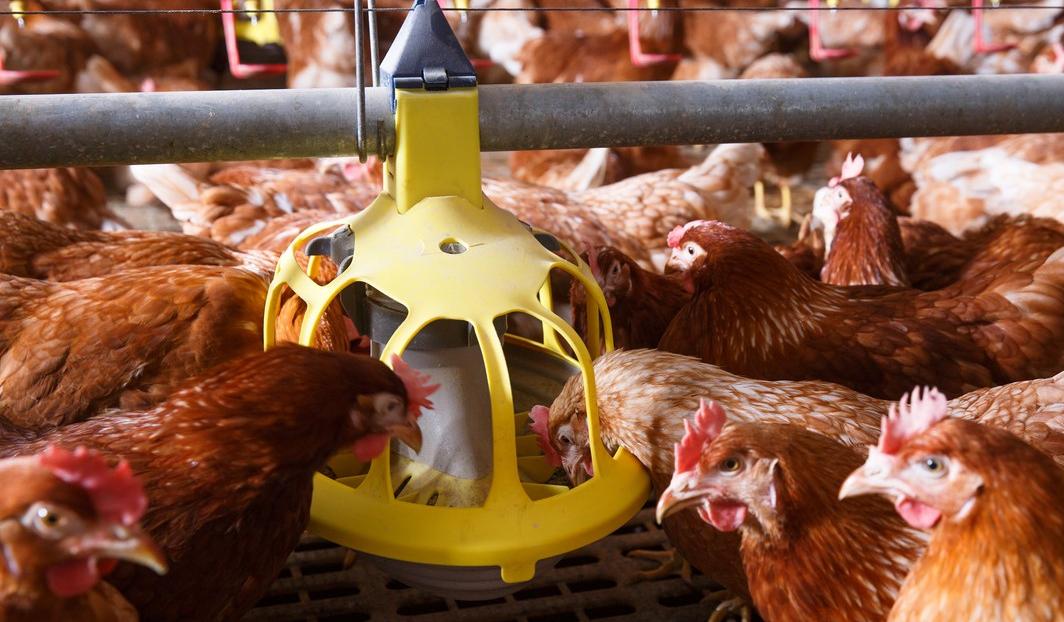The White House yesterday announced the release of the administration's Office of Science Technology Policy (OSTP) revised policy on oversight of dual-use research of concern (DURC) and pathogens with enhanced pandemic potential (PEPPs). It also released an implementation guidance document to accompany the updated policy.

In January 2022, the National Institutes of Health asked its federal advisory group, the National Science Advisory Board for Biosecurity (NSABB), to review government policies on work with potentially dangerous pathogens. The NSABB formed two working groups to revise the research oversight policies, a process that included listening sessions with stakeholders.
The advisers issued draft recommendations in January 2023, which said current PEPP definitions were too narrow and focused too much on "highly transmissible" and "highly virulent."
More specific list of pathogens
Thomas Inglesby, MD, who directs the Center for Health Security at Johns Hopkins School of Public Health, today on a LinkedIn blog post commended the OSTP on the release of its revised oversight policy and said it represents a significant stride forward in safeguarding public health and establishing common sense and strong biosafety and biosecurity surrounding pathogens that pose the greatest risk in the event of accidents or misuse.
He said some of the valuable new elements include defined roles, clear levels of oversight, and a more appropriate list of pathogens covered. Inglesby also listed several areas that need further clarification, such as whether category 2 should cover animal and plant global threats and issues around transparency in reporting.















